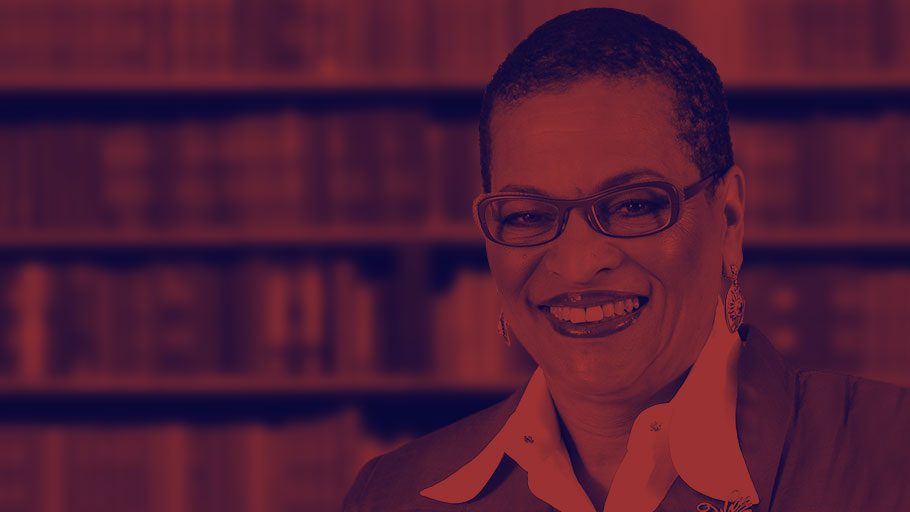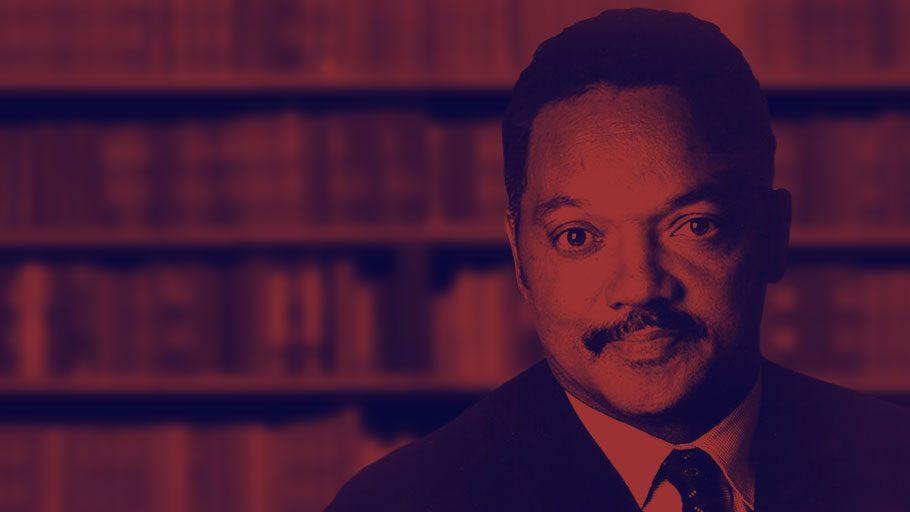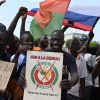Latinos bring negative stereotypes about black Americans to the U.S. when they immigrate and identify more with whites than blacks, according to a study of the changing political dynamics in the South.
The research also found that living in the same neighborhoods with black Americans seems to reinforce, rather than reduce, the negative stereotypes Latino immigrants have of blacks, said Paula D. McClain, a Duke University political science professor who is the study’s lead author.



















